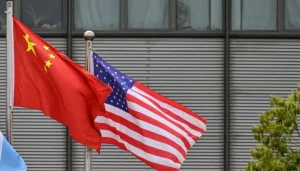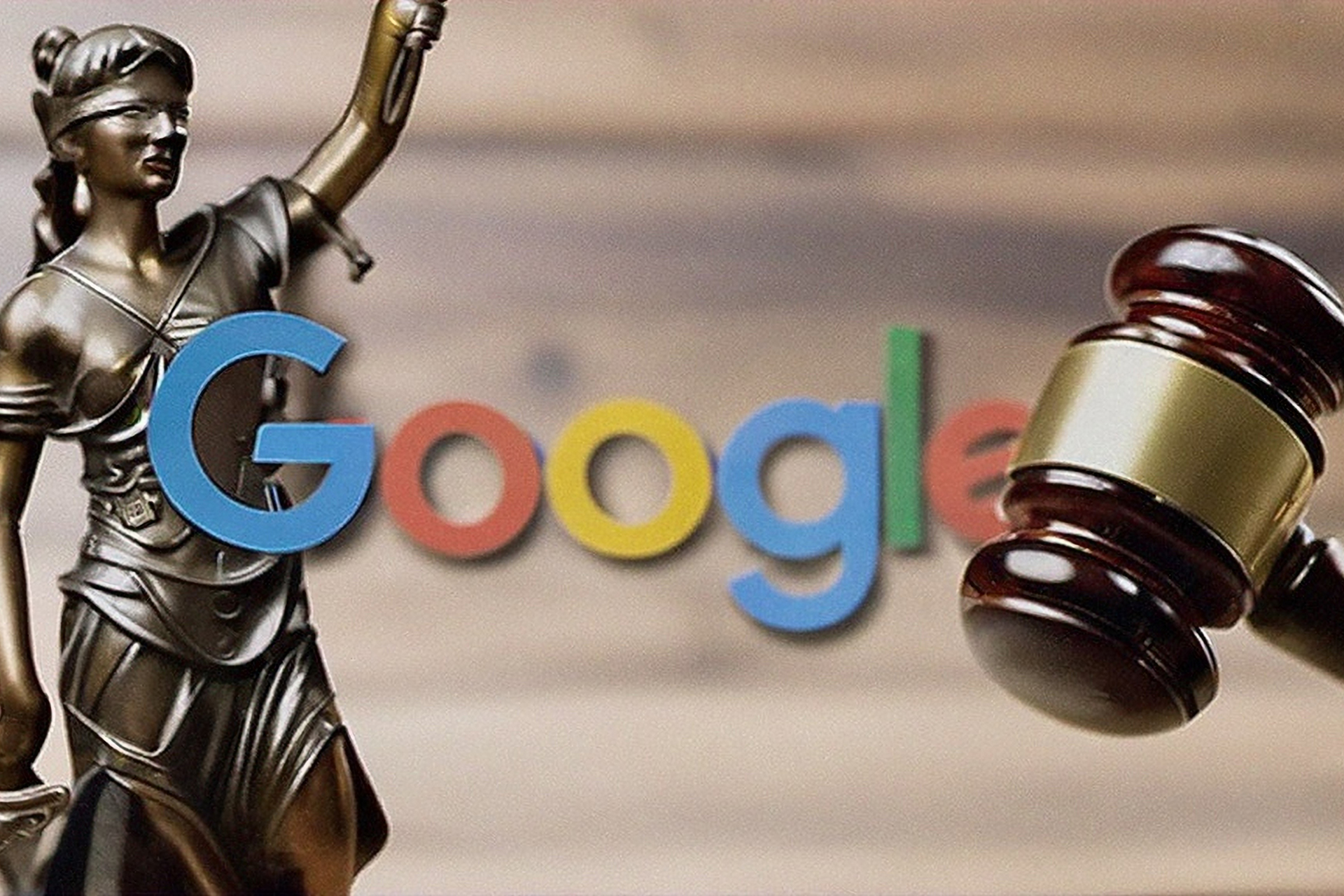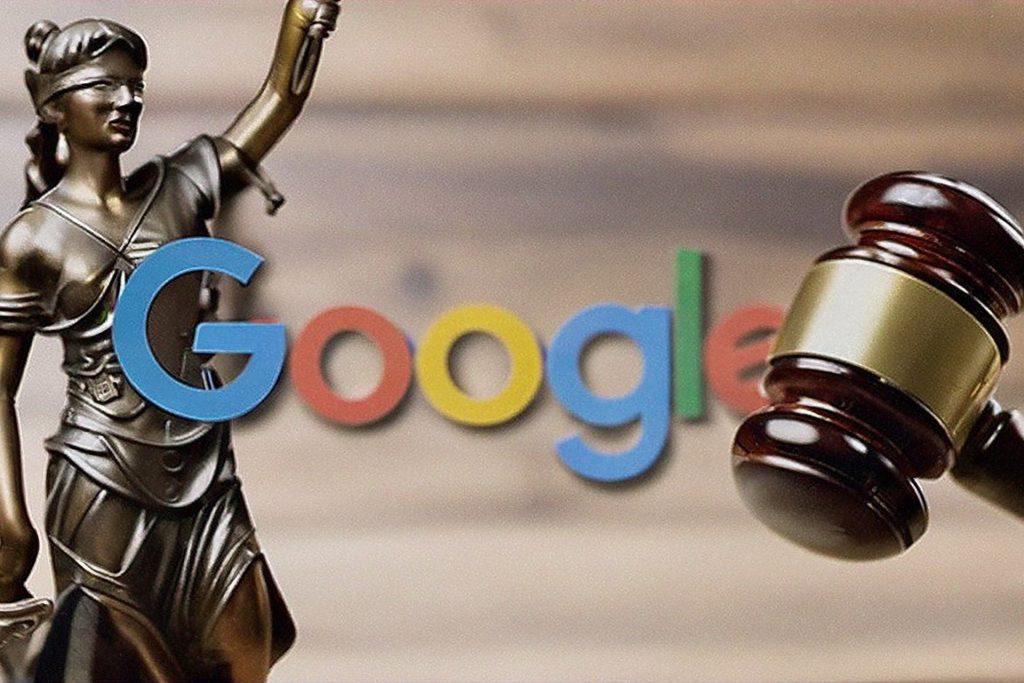Last year, Google faced the US judiciary in a historic case that almost dismantled one of the world’s largest tech companies. The judge found that Google monopolized the online search sector and nearly recommended breaking up the company and its various divisions.
This initial ruling against Google was issued in August 2024, but over a year later, federal judge Amit Mehta recently returned with solutions to address Google’s monopoly over search engines.
Despite pressure from the US Department of Justice and its lawyers to include solutions such as selling off separate company services like the Chrome browser and the Android system, Mehta did not add these solutions to the ruling and settled for other measures.
Google survives this ruling from the US judiciary that nearly dismantled the company, as it can keep the Chrome browser, exclusive Apple contracts, and other matters that originally brought it to court. But what are the new ruling’s provisions? Will Google change after this ruling or remain the same?
Mehta’s 230-page memorandum contains extensive information about the search giant and the steps the company must take. However, according to a report by the tech site The Verge, Google’s policies will not change much after this decision.
The report confirms that Google can now keep the Chrome browser after the US Department of Justice recommended selling the browser to an external company to break Google’s monopoly on search engines.
But Mehta rejected this, fearing product deterioration and sharing technical secrets with competitors, as well as the effort Google puts into developing the open-source Chromium project.
He clarified in his memo that representatives of the US Department of Justice failed to demonstrate the positive impact of selling the browser, even though it contributes to strengthening Google’s position as the default search engine for many worldwide.
Mehta continued discussing the exclusive contracts Google signs with companies like Apple, which ensure that Google’s search engine is the default on all the company’s devices.
He noted that stopping such contracts could have extended and negative effects on the companies receiving them, as these companies mainly rely on Google’s payments as part of their profits.
Moreover, stopping these contracts encourages more companies to enter the search engine sector themselves, with Apple attempting to do so.
Mehta touched on the role of artificial intelligence and its impact on the search engine sector, noting that the internet world is already changing and traditional search may disappear in the future thanks to AI, which has affected regular website visits.
Instead of stopping the policies that originally brought Google to court, Mehta approved a set of new solutions and policies he believes will help break the company’s monopoly on the search engine sector.
Mehta’s ruling includes an important part related to the steps Google must take to break the monopoly in the search engine market, involving sharing data in various forms with competitors for nominal fees.
This sharing comes in several points: first, sharing actual search data and user data with companies that deserve it and are direct competitors to Google, not companies merely interested in competing or considering it.
This data is shared once with Google’s major competitors for the past five years, in exchange for a nominal fee paid to Google.
Google must also share search results at a slightly higher price and regularly with all competitors, showing data that does not harm company policy but helps competitors better understand the market and intervene to capture a share.
The Verge report noted that Google may not implement these solutions soon because the ruling does not set a timeline for implementation and there are still further litigation stages.
The court ruling sparked mixed reactions from economists and prominent figures interested in the case, including Gabriel Weinberg, CEO of the search engine and company DuckDuckGo, one of Google’s main competitors.
Weinberg participated in the case as a witness for the US government, as he is harmed by Google’s monopolistic policies. He stated that Mehta’s decision allows the company to maintain its monopolistic policies without significant change.
He added that the US Congress should intervene in this case to force Google to compete fairly and level the playing field for all competitors.
The American Economic Liberties Project, a group focused on strictly enforcing antitrust laws against tech companies, described Mehta’s decision as a cowardly one, according to the project’s executive director Nidhi Hegde.
She explained that Mehta’s ruling acknowledged Google as a monopolistic company but took no action to break this monopoly, instead helping it protect its monopolistic policies.














Recommended for you
Talib Al-Rifai Chronicles Kuwaiti Art Heritage in "Doukhi.. Tasaseem Al-Saba"
Exhibition City Completes About 80% of Preparations for the Damascus International Fair Launch
Unified Admission Applications Start Tuesday with 640 Students to be Accepted in Medicine
Egypt Post: We Have Over 10 Million Customers in Savings Accounts and Offer Daily, Monthly, and Annual Returns
His Highness Sheikh Isa bin Salman bin Hamad Al Khalifa Receives the United States Ambassador to the Kingdom of Bahrain
Al-Jaghbeer: The Industrial Sector Leads Economic Growth